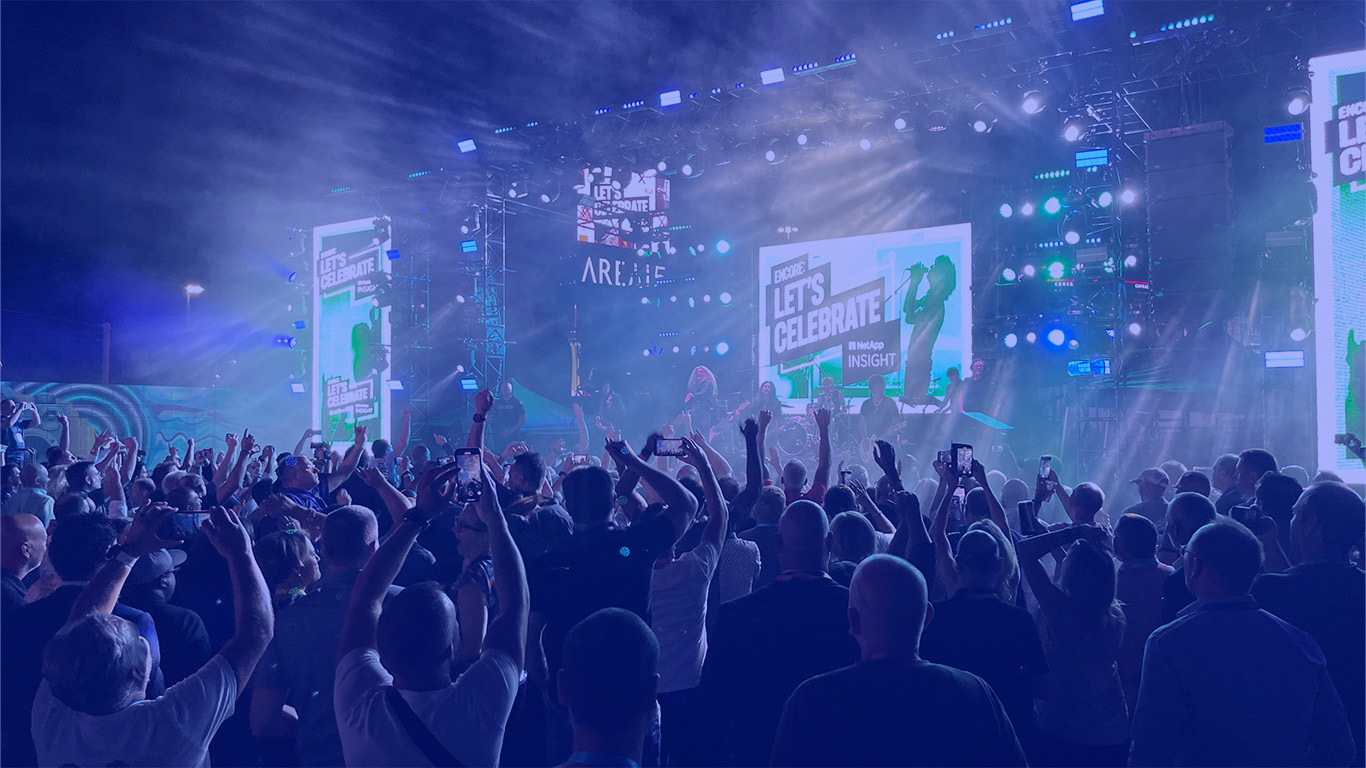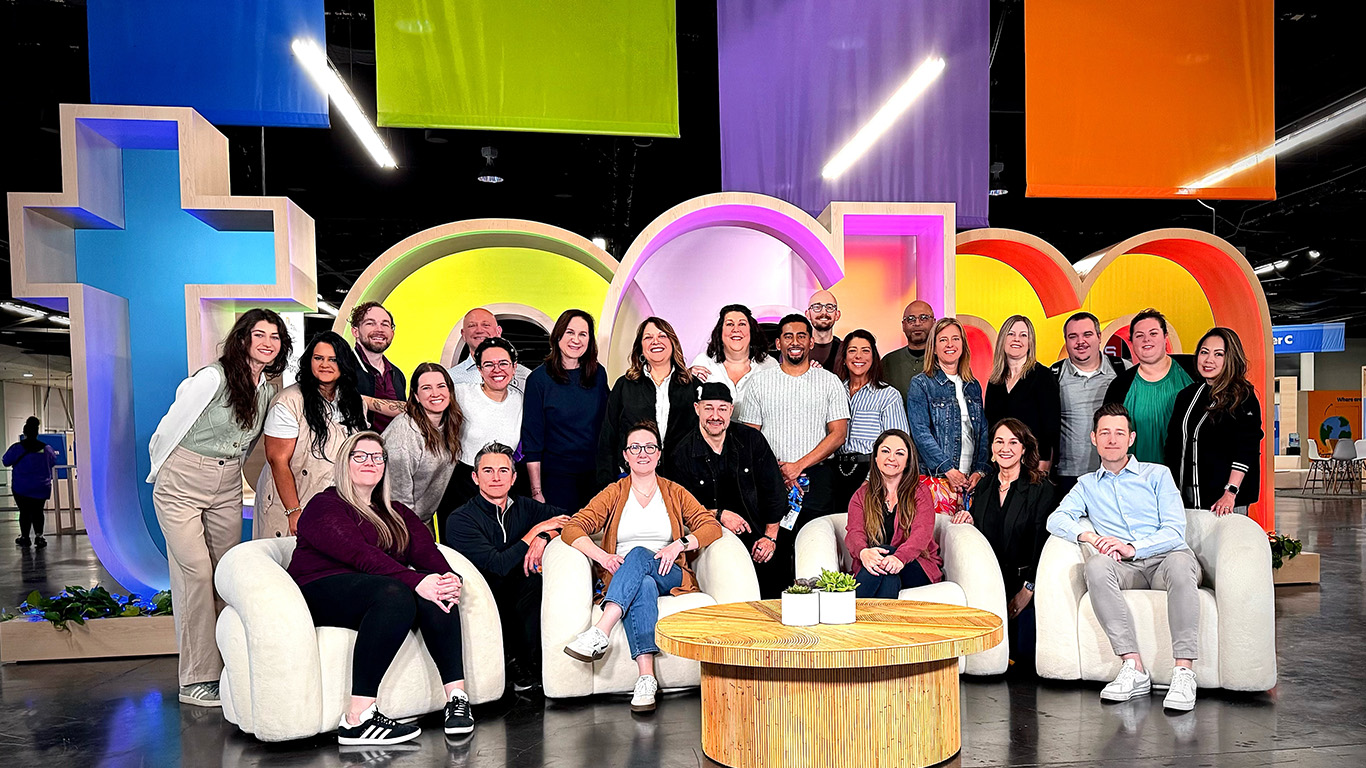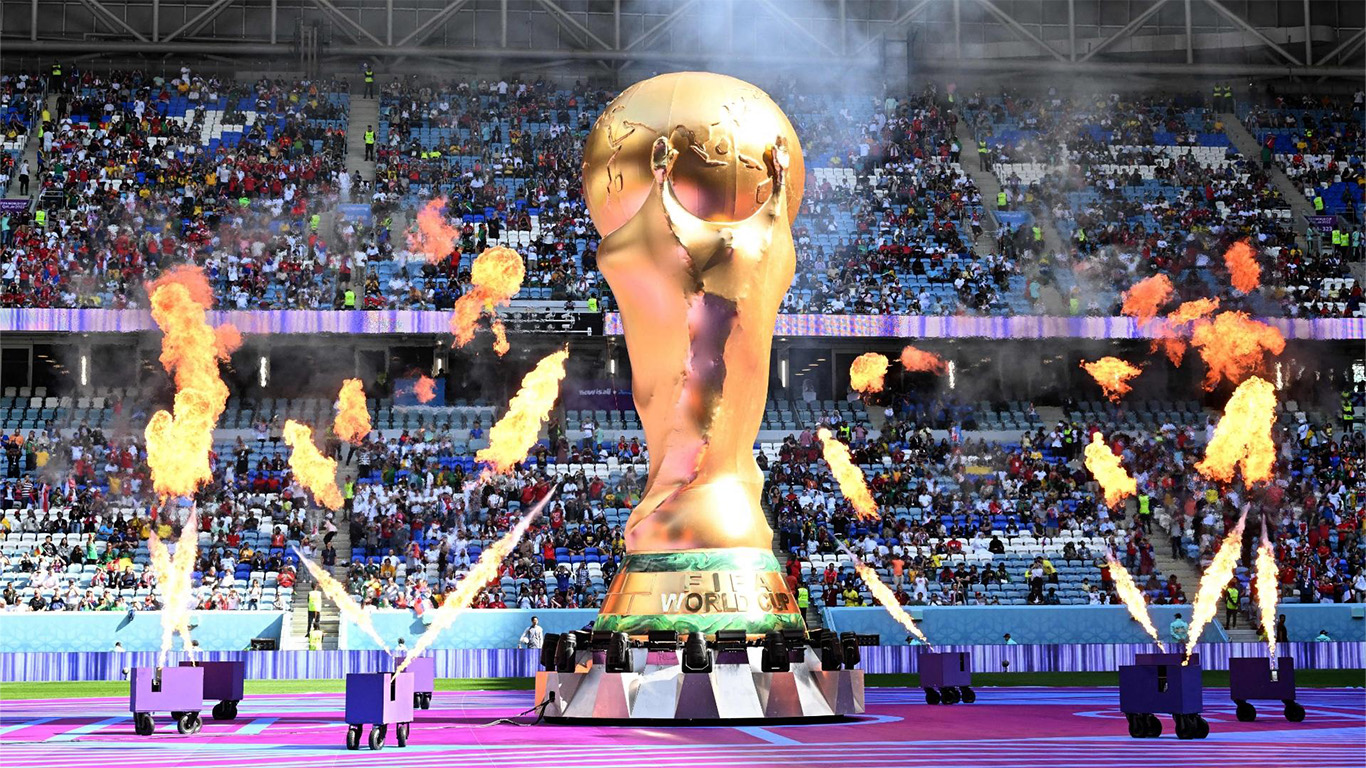Virtual Music Festivals: Experiences For The Masses, Curated For The Individual
Virtual Music Festivals: Experiences For The Masses, Curated For The Individual

Maybe your vision board of travel and entertainment didn’t manifest this summer. But don’t sleep on virtual music festivals, where the digital experience can be curated to be a personal adventure.
Burning Man, the self-described “temporary metropolis dedicated to community, art, self-expression, and self-reliance,” took its metropolis completely online this week. Burners can participate in the Multiverse through user content, such as the Burning Man podcast. Or through experiences within the virtual Black Rock City created by the organizers, the Burning Man Project .
Music and community festivals are finding innovative ways to engage attendees by offering similar experiences, but through digital platforms.
We asked Opus Event Manager Valerie White, a 20-year EDM (Electronic Dance Music) festival-goer, to give her take on virtual festivals and where festival producers are getting it right.

Opus: With live events on hold this year, how are you getting your festival fix in 2020?
Valerie White: As a life-long attendee of music festivals, it has been fascinating to watch festivals that garner 100,000 visitors pivot their music festivals to digital and be able to offer the experience to over 1 million people. That is what Tomorrowland, a global experience, was able to do. I recently attended their two-day digital festival and, while not a typical experience, they created something unique for the audience that was unexpected .
Tomorrowland was an immersive experience—they had more than 60 artists playing on eight stages over two days. The artists played to a green screen and the producers then superimposed the stage, background and even the audience into the live stream. You could sing along or cheer, just as you would if you were there in person. This experience was much more dynamic than watching a video reel .
Opus: The festival experience is about more than just hearing your favorite songs—how did they recreate the feeling of being there in person?
VW: The experience didn’t begin and end with the music. Logging into Tomorrowland felt like you were entering a video game. An interactive map showcased an island where attendees could hop around to various music stages, hangout areas, online stores, and typical places you would see at a real festival, such as a beer garden and even restrooms. Program lineups would pop up at each stage and additional artist or festival details would be included to enhance your knowledge and the experience .

Opus: How was the community aspect of festivals reflected in the digital experience?
VW: One of the most impactful parts attending a music festival is the variety of people you meet. All walks of life from many different countries, all there in unity to share in the experience and enjoy the music. Some multi-day festivals include camping or onsite “towns,” and different ways to interact with people outside of the music stages. Converting these living experiences to virtual presents an obvious challenge, but many production companies have done a great job creating the community and connections. Here are some ways which we were able to connect at Tomorrowland:
- Festival packages were deeply discounted, but were packaged similarly to what you would expect from an in-person event—Silver, Gold and Platinum tiers, and packages with VIP content and behind-the-scenes access .
- Each attendee could sign up to receive a home package that included items that you would normally receive at the festival: festival wristbands/bracelets, light sticks, branded cups, branded flags, etc. We also received very clear instructions on what to expect upon logging in, what bandwidth is needed and how to set up the right experience. Setting expectations was really key .
- Prior to the event you could build your online profile and avatar. The festival producers built excitement through their social media communities by encouraging their global audience to do things like wear your favorite festival gear and post a photo, chat about favorite parts of the festival, etc.
- During the event they continued to rely on their social platforms to share the experience and encourage attendees to chat and comment. Of course, they posted festival videos, behind-the-scenes content and live chats with the artists. We also had access to the platform post-event for on-demand content review.
- The Tomorrowland producers created “chill zones” where attendees could chat and interact outside of the live entertainment, with chat functionality built into every experience .
- Most importantly, they provided a variety of experiences for people ranging from high-energy music to down-time. There were multiple options for happy hours, networking areas, and yoga or meditation.
Opus: Would you call the festival a success?
VW: While I definitely miss my in-person festivals, I felt connected in a whole new way to the Tomorrowland community through this experience. And I see more opportunity for festival-like experiences in the work I do at Opus.
Give Opus a shout if you want to learn more about how experience-driven virtual events can support your company goals.
More Like This, Delivered to You
As our agency continues to explore the future of experiences, you can join us and leaders from Google, Microsoft, Salesforce, and many more of our clients to stay ahead of what’s next by subscribing to XO. Each month, you’ll receive our latest insights and perspectives, plus carefully curated links worthy of your next new tab.
Insights in
the Inbox
XO is a newsletter with a mission to be loved by marketing executives and event professionals.
Through careful curation and purposeful prose, XO serves thousands of leaders who want to stay on top of what’s new and what’s next in the world of experiences.
To join in, see past issues or subscribe below.



